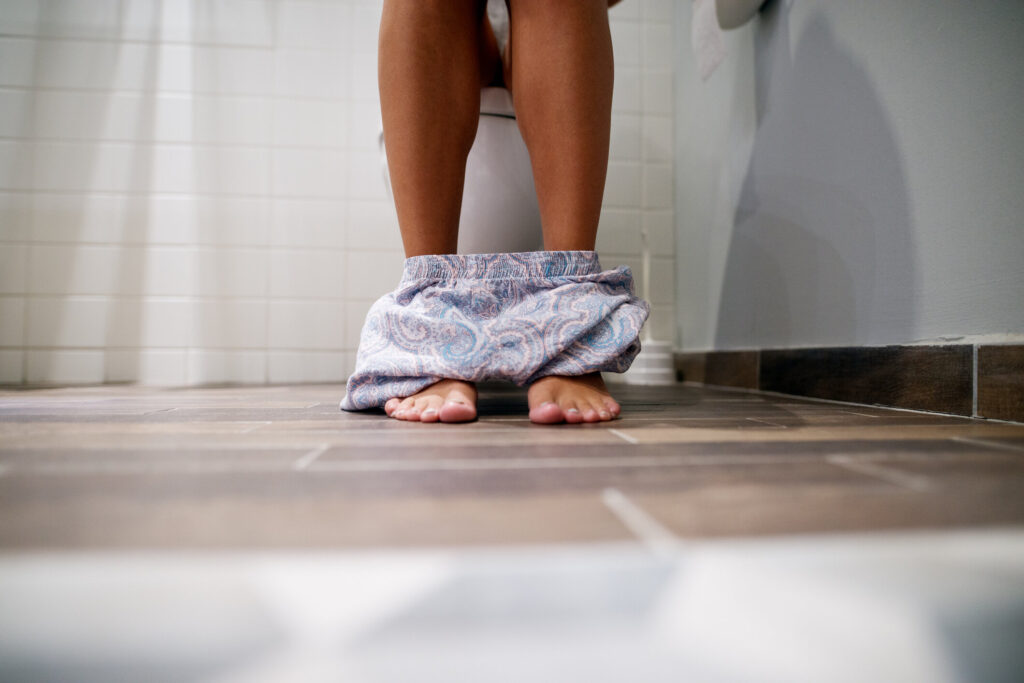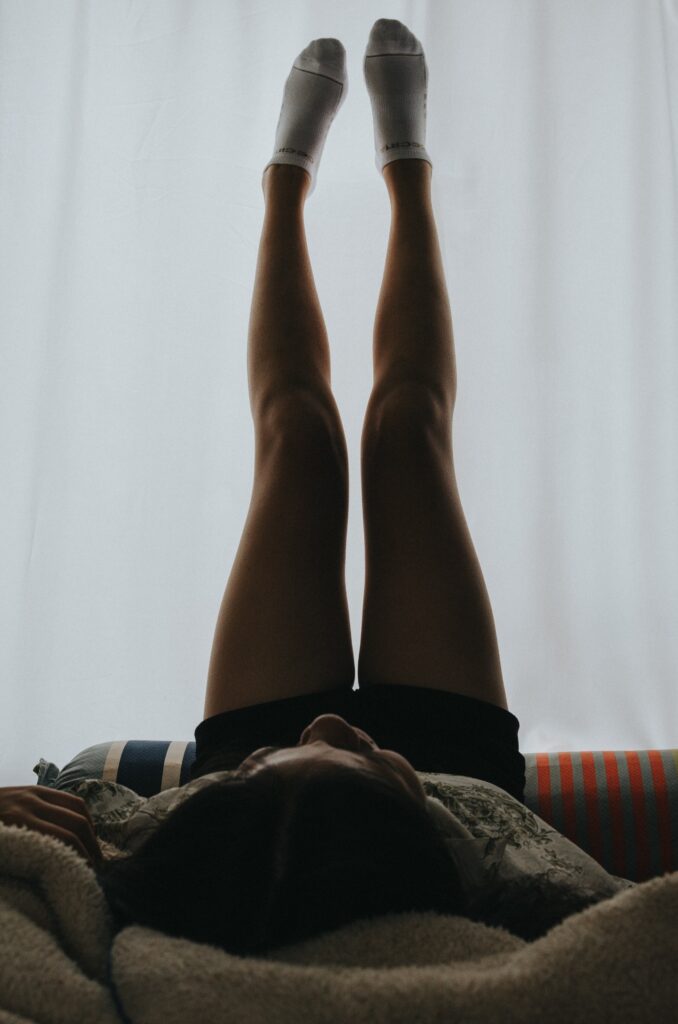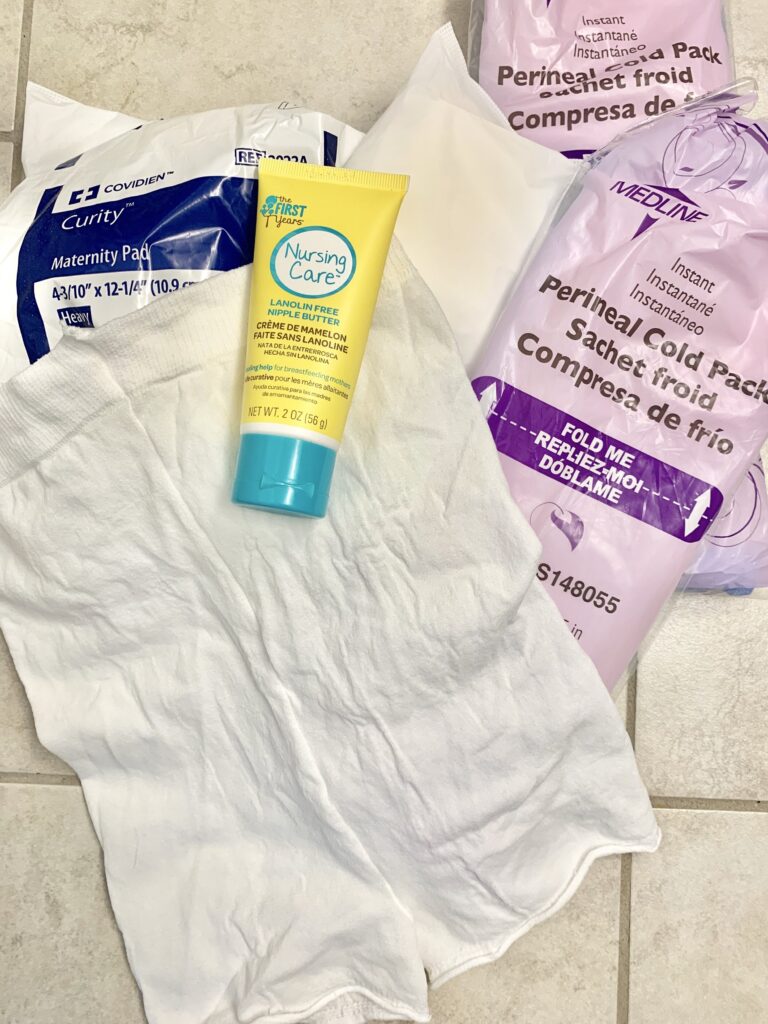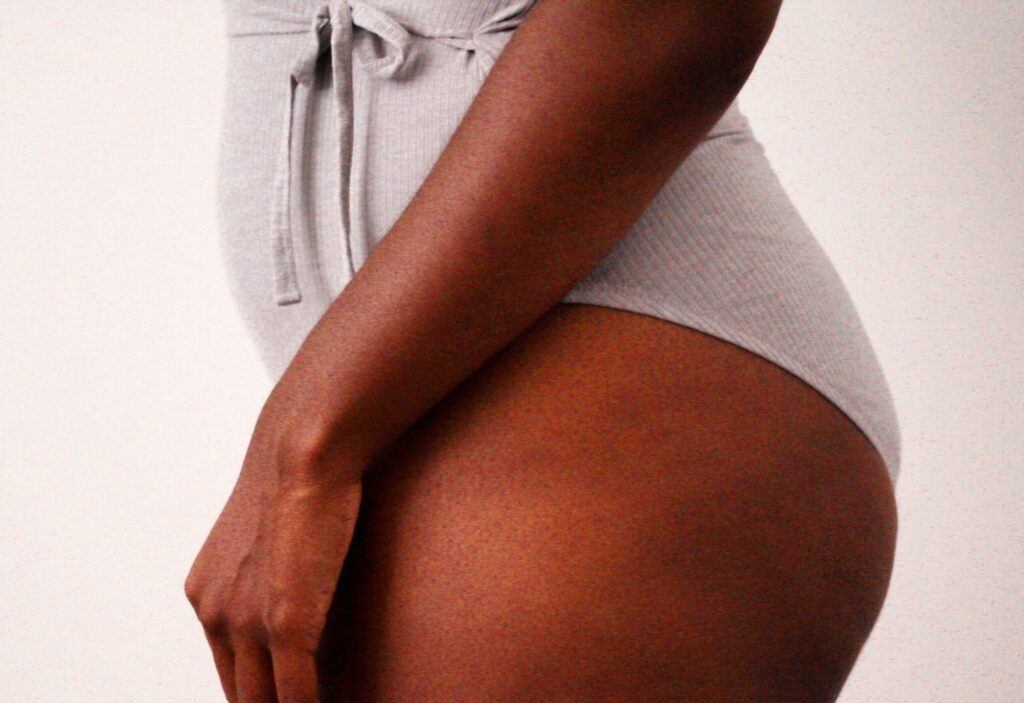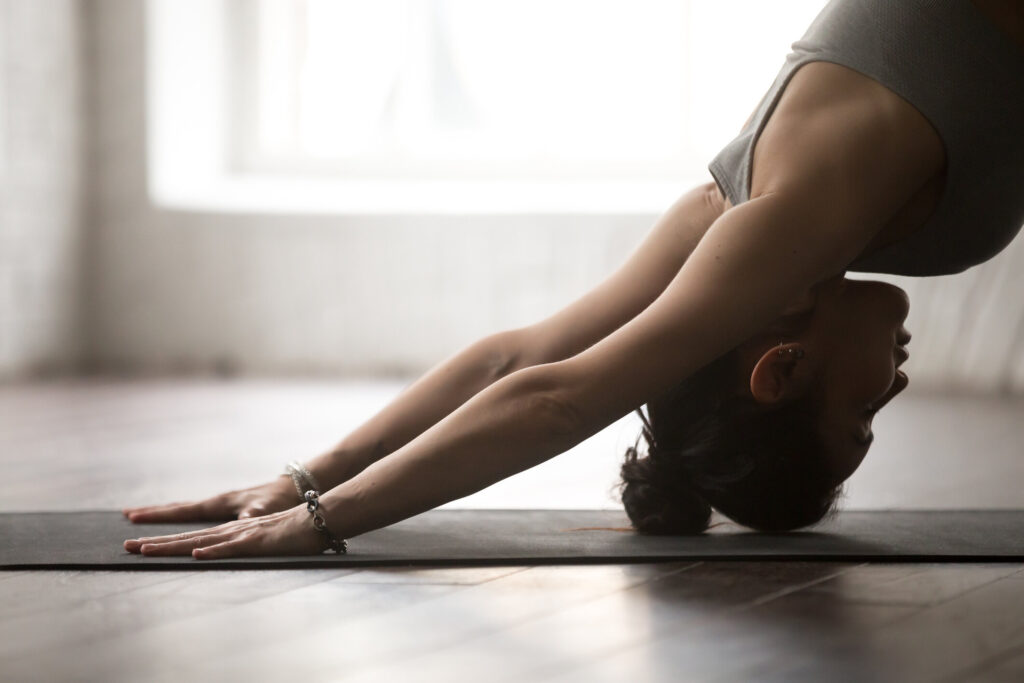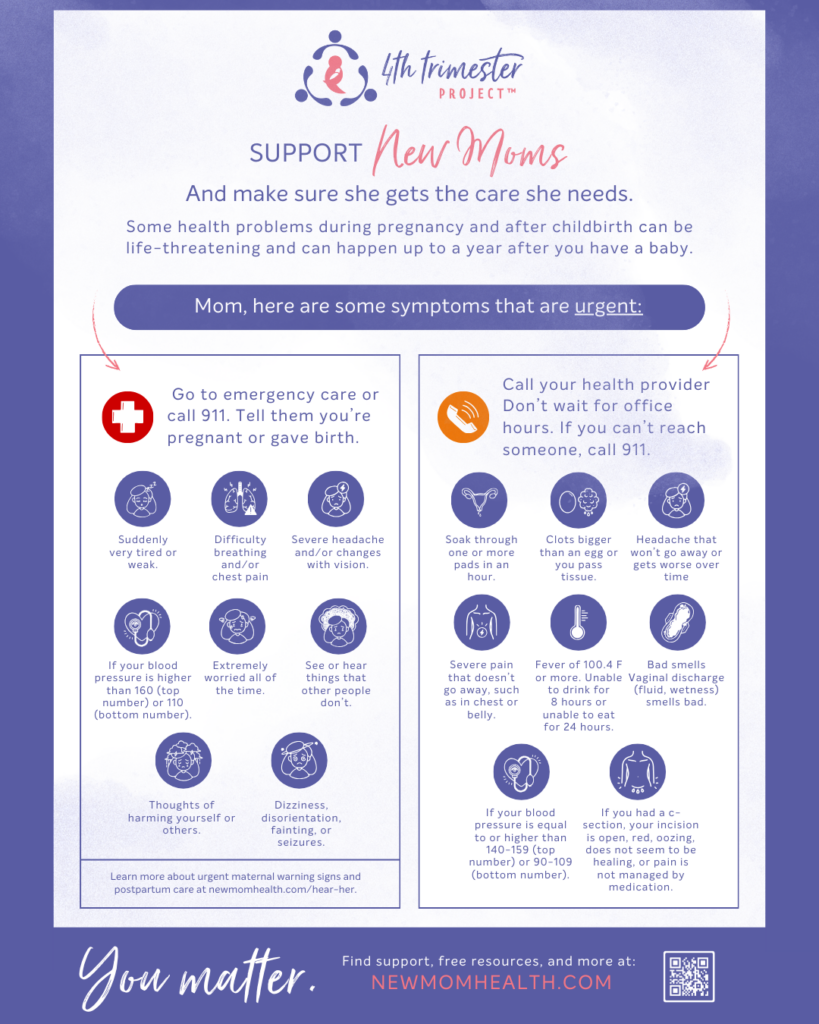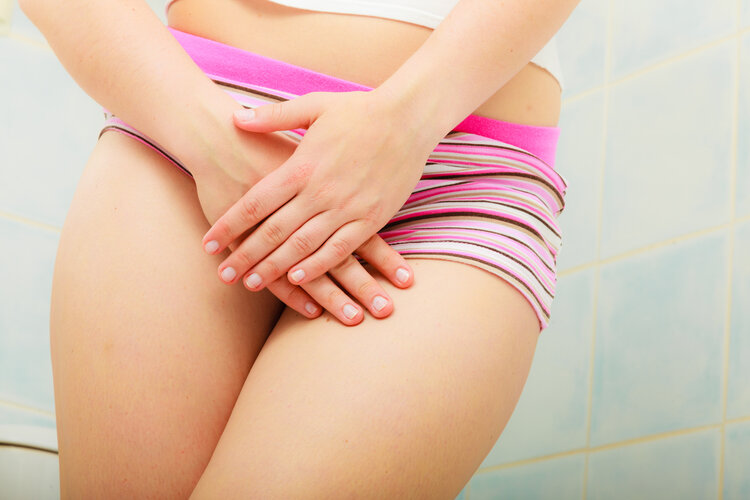
Urinary incontinence (UI) is when pee is leaked involuntarily. There are different kinds of UI but the one many women experience after giving birth is “stress urinary incontinence”. Pee may happen when you sneeze, laugh, or jump – or any time. For many women, UI resolves on its own over the first postpartum months. However, it is estimated that 11-23% of women continue to experience UI for a longer period of time. For some women, certain high-impact activities like jumping can trigger the urge to pee for many years – a badge of motherhood!
Risk factors for UI include being/having been pregnant, being older, vaginal delivery, longer second stage of labor (pushing), heavier weight, large birth weight of baby, family history, and previous UI.
Things to do that might help:
- Be kind to yourself and your body. Urinary incontinence is common!
- UI is a symptom of weakened and/or overstretch muscles. Kegels are exercises that you can do to help strengthen your pelvic floor muscles on your own (but you want to make sure you are doing them correctly).
- Wear pads or leak-proof underwear and use the bathroom whenever you feel the urge.
- Discuss with your health care provider. Check in about the health of your pelvic floor and your feelings as part of your postpartum care and continue to monitor it and explore treatment.
- If you are experiencing pain when you pee, if you notice a bad smell, and you have to pee a lot, talk with your provider. Urinary tract infections are also common during this time.
- Physical therapy and/or occupational therapy with pelvic floor muscle training and/or biofeedback training may help some women with persistent postpartum UI .
- Explore your options. Don’t be afraid to tell your provider or seek care. Although postpartum UI is common, it doesn’t have to be permanent. It can be treated, and overcoming it may be important for your sense of self.
If UI persists and you would like to consider advanced treatment, ask for a referral to urogynecology – these healthcare providers are women’s pelvic floor specialists who support women navigating these issues on a daily basis.
Resources to Explore:

